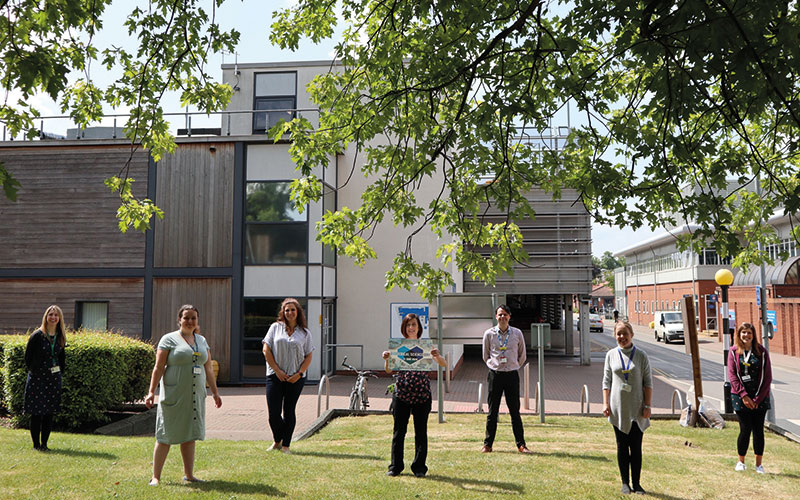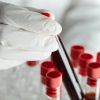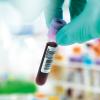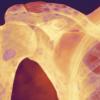Deputy Quality Manager Richard Lovie gives a guided tour of the laboratories at York Teaching Hospital NHS Foundation Trust.

Laboratory Medicine within the York Teaching Hospital NHS Foundation Trust provides services for approximately 530,000 people living in and around York, Scarborough, North Yorkshire, North East Yorkshire and Ryedale. The laboratory is split over two sites, with blood sciences, point-of-care testing and microbiology services based at both York and Scarborough, while cellular pathology and immunology are delivered from York. Irrespective of where a sample is taken or processed, work is performed to the same high standard, as we are one unified department.
I have spent the last 15 years working for the trust within laboratory medicine. In this time I have had a variety of roles, and my experiences have always been positive, therefore I can confidently state that laboratory medicine is a fantastic place to work. The department has a strong ethos in line with our trust values: priding itself on the service delivered, striving to improve for the betterment of the patient and the training and development of staff members. I have had some fantastic opportunities – undertaking my specialist portfolio, an MSc, and a management qualification, amongst others.
Quality management has always been a passion of mine and last year I joined the quality management team. The quality management team within our trust has implemented an efficient, robust system, and has a real drive for service improvement and engagement of staff and service users. In this new role, I have had the pleasure to work with a far wider range of colleagues and teams over both sites.
Although this year has been challenging, and unorthodox, I have witnessed the resolve and determination of my colleagues. I have observed how teams have adapted and evolved to changing work patterns, implemented new tests on complex instruments, and have found solutions to problems previously unconsidered.
All our departments have been working together more closely; they share expertise, willingly giving their time to help out so that no area struggles unduly. Individuals have taken it upon themselves to raise spirits by bringing in cake, writing on positivity boards and hosting virtual events.
This situation has shown the great depths of my colleagues – the courage and resolve shown in the face of adversity and the lengths they will go to support the service, the public and their friends. I witness people rising to challenges every day, working long hours to get new assays validated, adapting to 24-hour working so that samples can be processed, and management of teams implementing procedures to ensure their teams can work in safety.
It is these individuals that make laboratory medicine in York and Scarborough great – the medical laboratory assistants, assistant practitioners, biomedical scientists, mortuary technicians, support workers, office teams, the IT team, porters, managers and clinicians – all working towards the same goals. The dedication and professionalism displayed is exemplary.
Laboratory medicine may not be in the public’s eye, and sometimes we can feel anonymous and forgotten, but I want to take this opportunity to let all my colleagues know that they make a difference every day, and it is my honour to work with you all.




